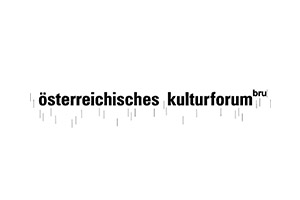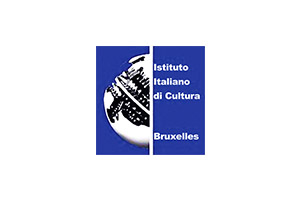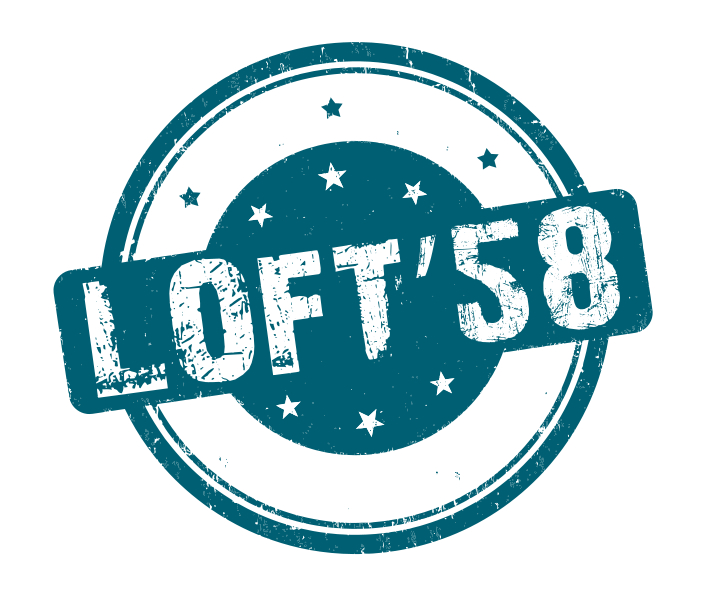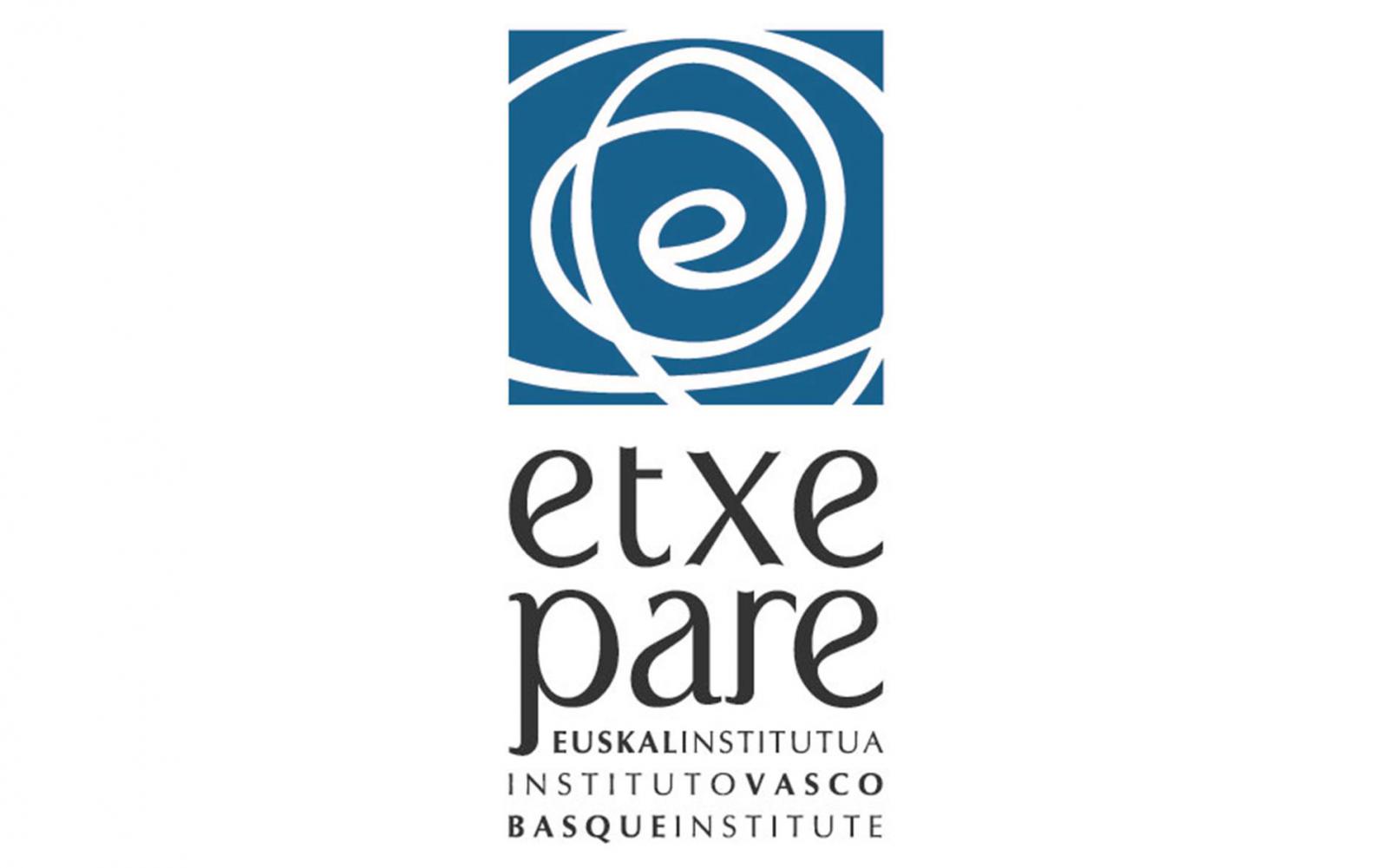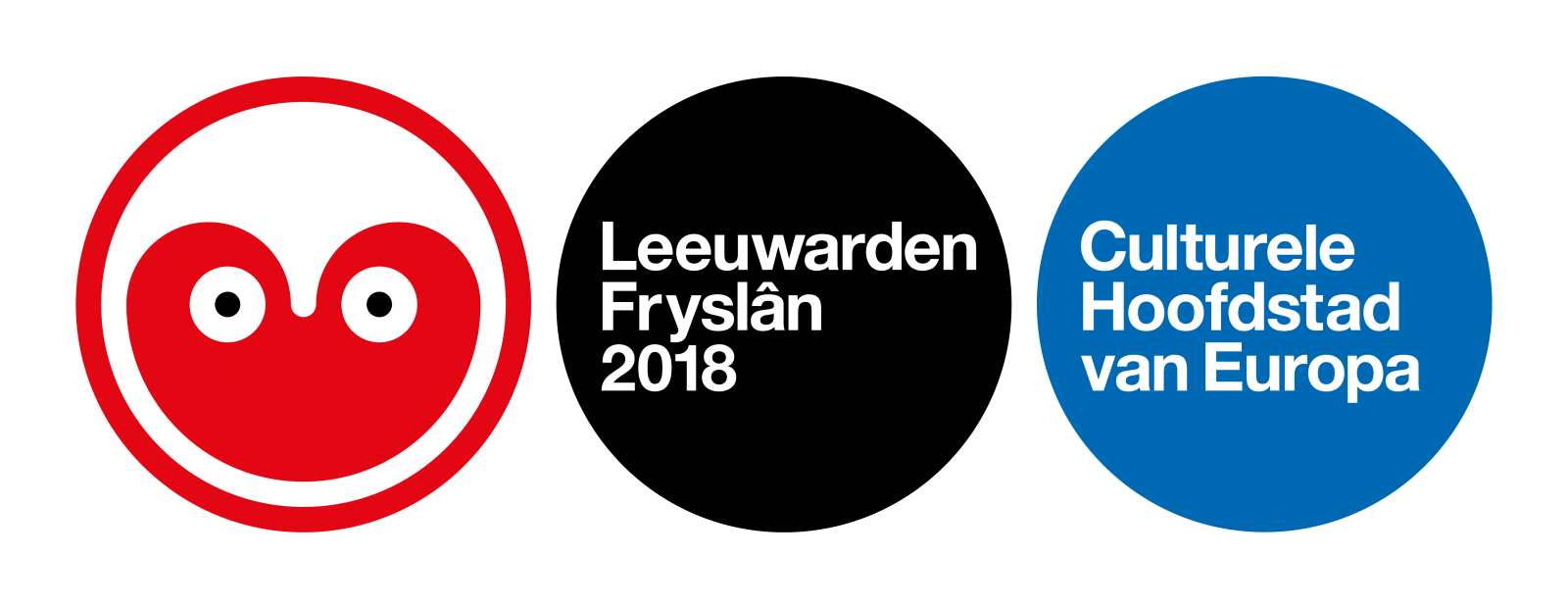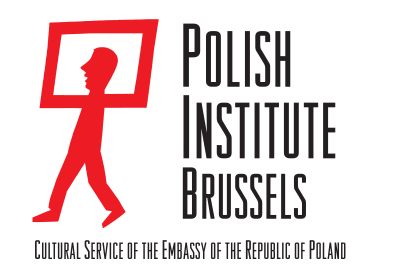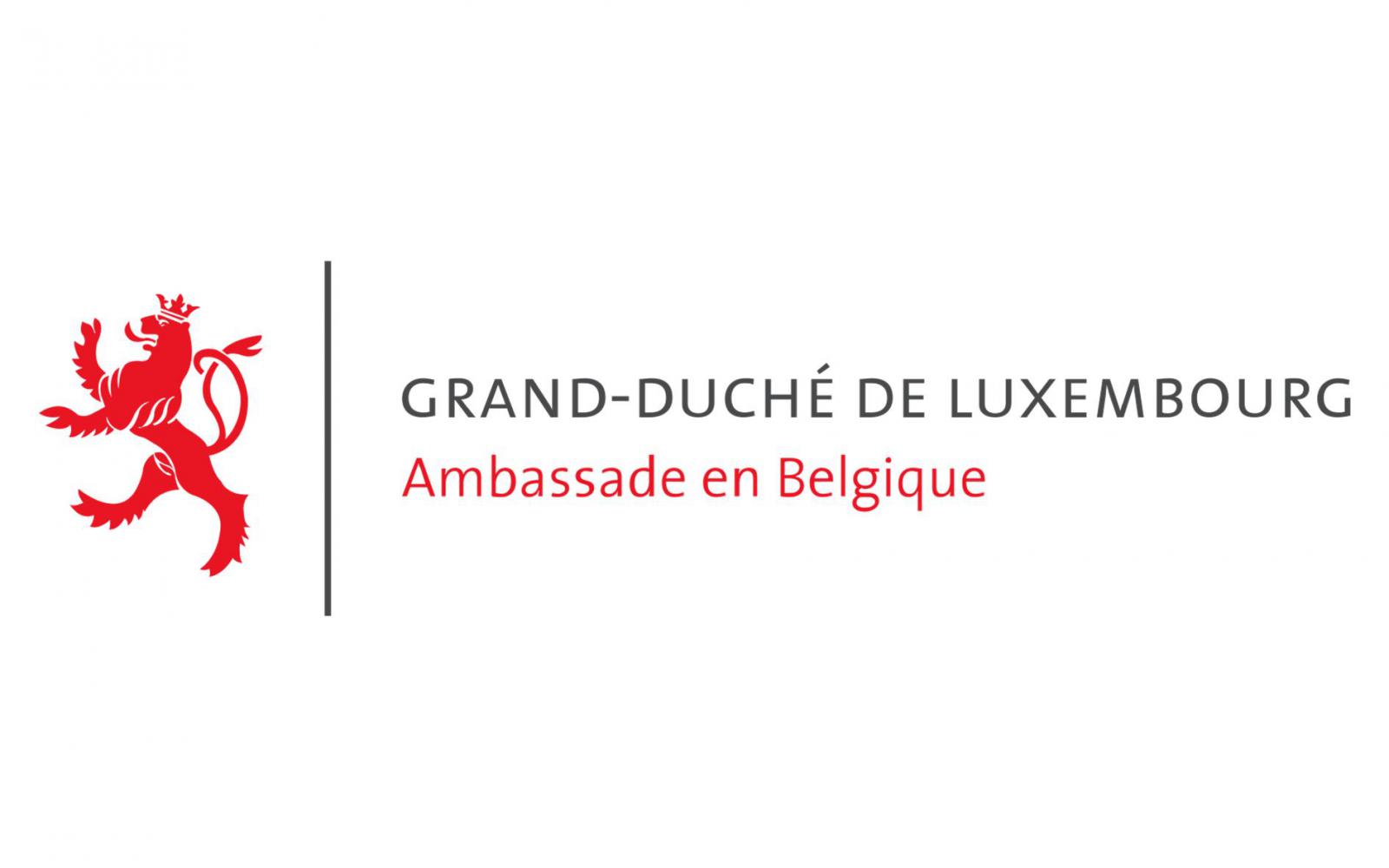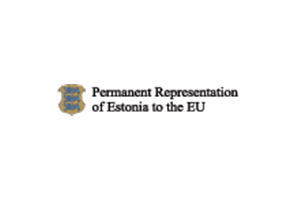Find a poet
Latest updates
-
TRANSPOESIE 2025
09/24/2025 -
Transpoesie 2025 - Programme
09/24/2025 -
Transpoesie 2025 - Open Call
04/16/2025
Szczepan KOPYT
Szczepan Kopyt (1983) - poeta i muzyk. Ukończył filozofię na Uniwersytecie im. Adama Mickiewicza w Poznaniu. Jako basista z free jazzowym zespołem Yazzbot Mazut nagrał albumy W pustyni i w puszczy (2008) i Mazut mazut (2010). Jest autorem pięciu książek poetyckich: [yass] (2004), możesz czuć się bezpiecznie (2006), sale sale sale (2009), buch (2011) i kir (2013). Dwie najnowsze ukazały się jako płytomiki, których część muzyczną zarejestrował duet Kopyt/Kowalski (www.kopytkowalski.pl). Oprócz koncertów z K/K występuje także solo (wykorzystując różne instrumentarium) zarówno na festiwalach, w klubach, bibliotekach jak i podczas akcji bezpośrednich.
Według krytyka Przemysława Czaplińskiego Kopyt w swojej poezji wykorzystuje "umiejętność wchodzenia w szkodę wszystkim dyskursom i wszczynania rebelii lingwistycznej na każdym polu językowym". Jego twórczość jest jednak od dawna odczytywana głównie przez pryzmat politycznego zaangażowania.
Picture: Szczepan Kopyt © M. Kaczyński

Szczepan Kopyt © M. Kaczyński
Szczepan Kopyt (1983) - is a poet and a musician. He graduated in philosophy from the Adam Mickiewicz University in Poznań. He He is the author of five poetry anthologies: [yass] (2004), możesz czuć się bezpiecznie (2006), sale sale sale (2009), buch (2011) and kir (2013). The last two books came out as audiobooks; the musical parts were recorded by the Kopyt/Kowalski duo (www.kopytkowalski.pl). He also works as a solo artist, accompanying himself on a variety of different instruments at festivals, in clubs, libraries and as part of direct action.
Przemysław Czapliński, a highly influential Polish literary critic, highlights the fact that, in his poetry, Kopyt is able to draw on "his ability to damage all forms of discourse and kick-start linguistic rebellion in every field of language”. This said, for a long time now, it is through the prism of political engagement that we have been able to decipher the true meaning of his work.

Szczepan Kopyt © M. Kaczyński
Szczepan Kopyt (1983) est poète et musicien. Il a terminé ses études de philosophie à l’Université Adam Mickiewicz de Poznań. Il a enregistré deux albums en tant que bassiste pour le groupe de free jazz Yazzbot Mazut : W pustyni i w puszczy (2008) et Mazut mazut (2010). Il est l’auteur de cinq recueils de poésie : [yass] (2004), możesz czuć się bezpiecznie (2006), sale sale sale (2009), buch (2011) et kir (2013). Les deux derniers sont sortis sous la forme d’audiobook ; les parties musicales furent enregistrées par le duo Kopyt/Kowalski (www.kopytkowalski.pl). Il se produit également en solo, s’accompagnant d’une série d’instruments différents, lors de festivals, dans des clubs, dans des bibliothèques et lors d’actions directes.
Przemysław Czapliński, critique littéraire polonais très influent, souligne que dans sa poésie, Kopyt sait tirer parti de "sa capacité à causer des dommages à tous les iscours et à instituer la rébellion linguistique dans tous les champs de la langue". C’est pourtant par le prisme de l’engagement politique que sa création est, depuis longtemps, principalement décodée.

Szczepan Kopyt © M. Kaczyński
Szczepan Kopyt (1983) is dichter en musicus. Hij beeïndigde zijn studies filosofie aan de Adam Mickiewicz Universiteit van Poznań. Hij nam twee albums op als basist voor de free jazz groep Yazzbot Mazut : W pustyni i w puszczy (2008) en Mazut mazut (2010). Hij is de auteur van vijf poëziebundels: [yass] (2004), możesz czuć się bezpiecznie (2006), sale sale sale (2009), buch (2011) en kir (2013). De laatste twee zijn verschenen onder de vorm van een audiobook; de muzikale gedeeltes werden opgenomen door het duo Kopyt/Kowalski (www.kopytkowalski.pl). Hij treedt ook solo op, begeleid door een serie verschillende instrumenten, op festivals, in clubs, in bibliotheken en tijdens directe acties.
Przemysław Czapliński, een zeer invloedrijke Poolse literaire criticus, onderstreept dat Kopyt in zijn poëzie weet gebruik te maken van “zijn talent om schade te veroorzaken aan alle discours en om een linguïstieke opstand uit te lokken in alle uithoeken van de taal”. Desalniettemin wordt zijn werk sinds lang hoofdzakelijk gedecodeerd door het prisma van zijn politieke engagement.


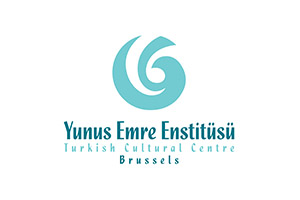
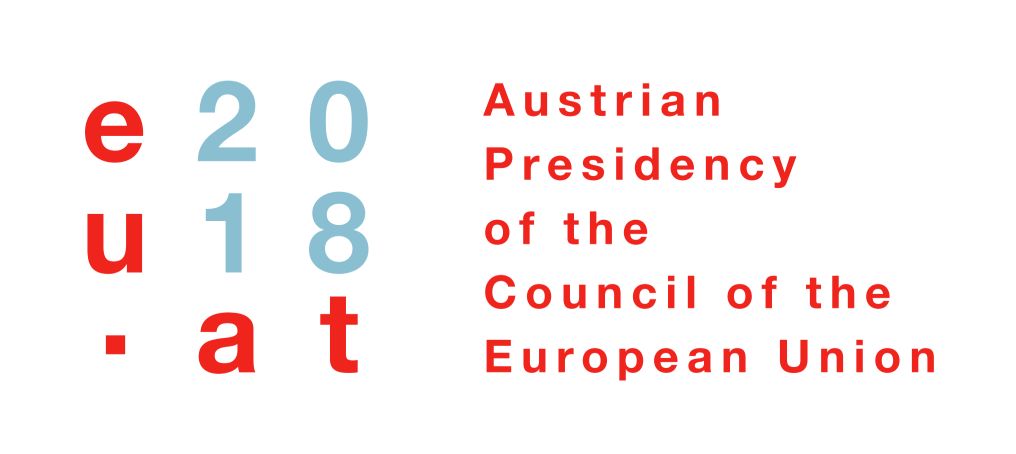
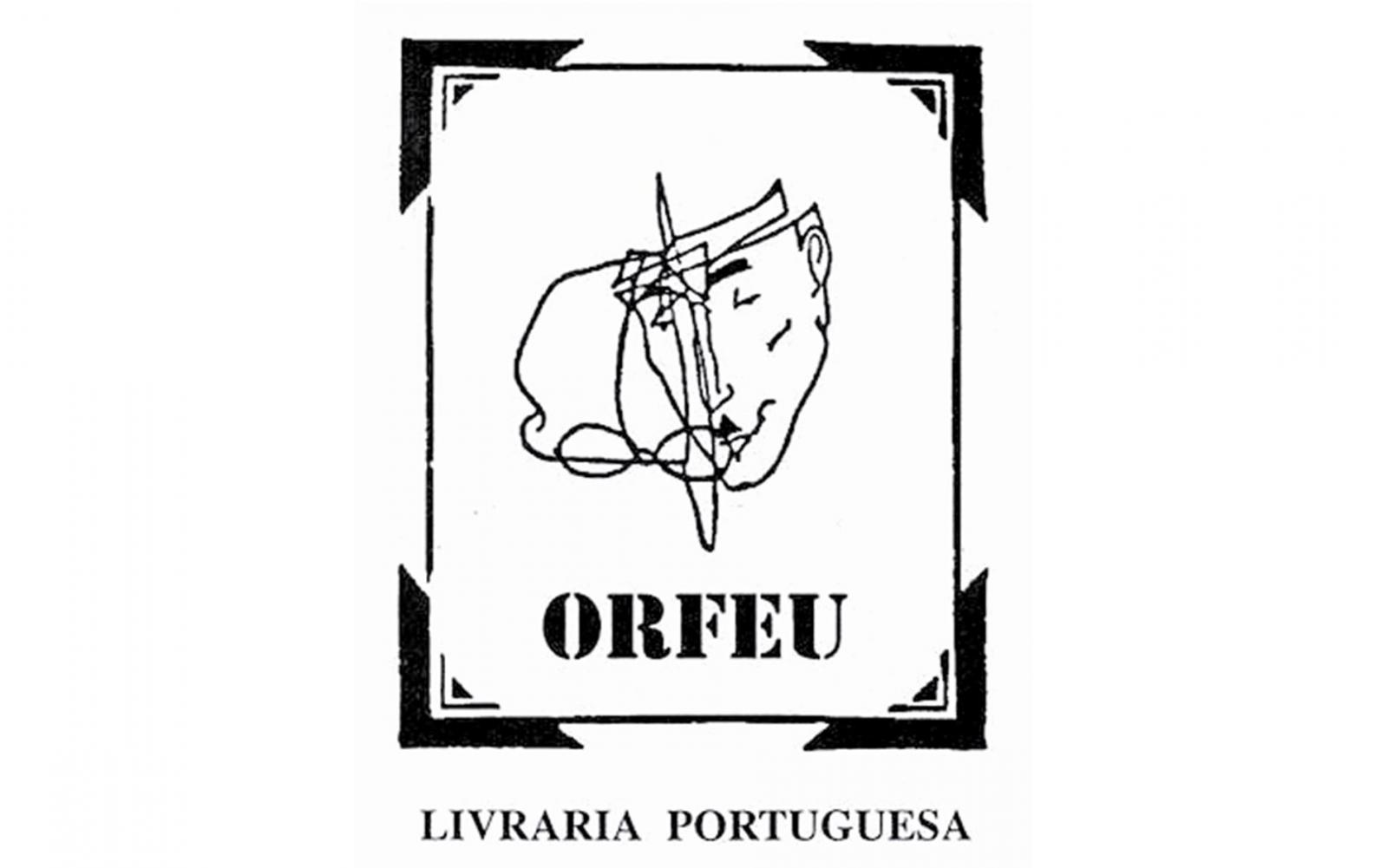
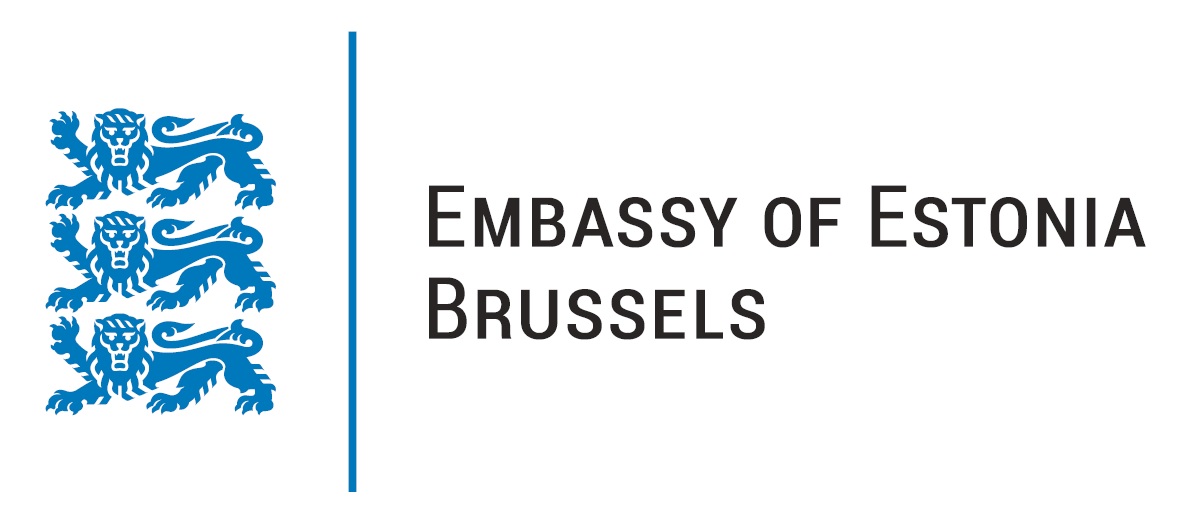

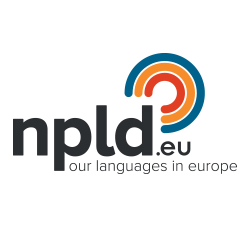
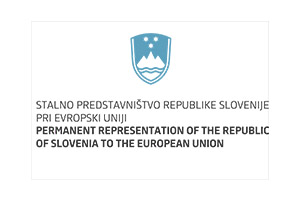

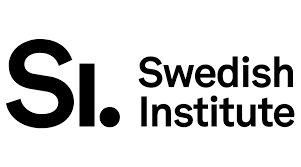
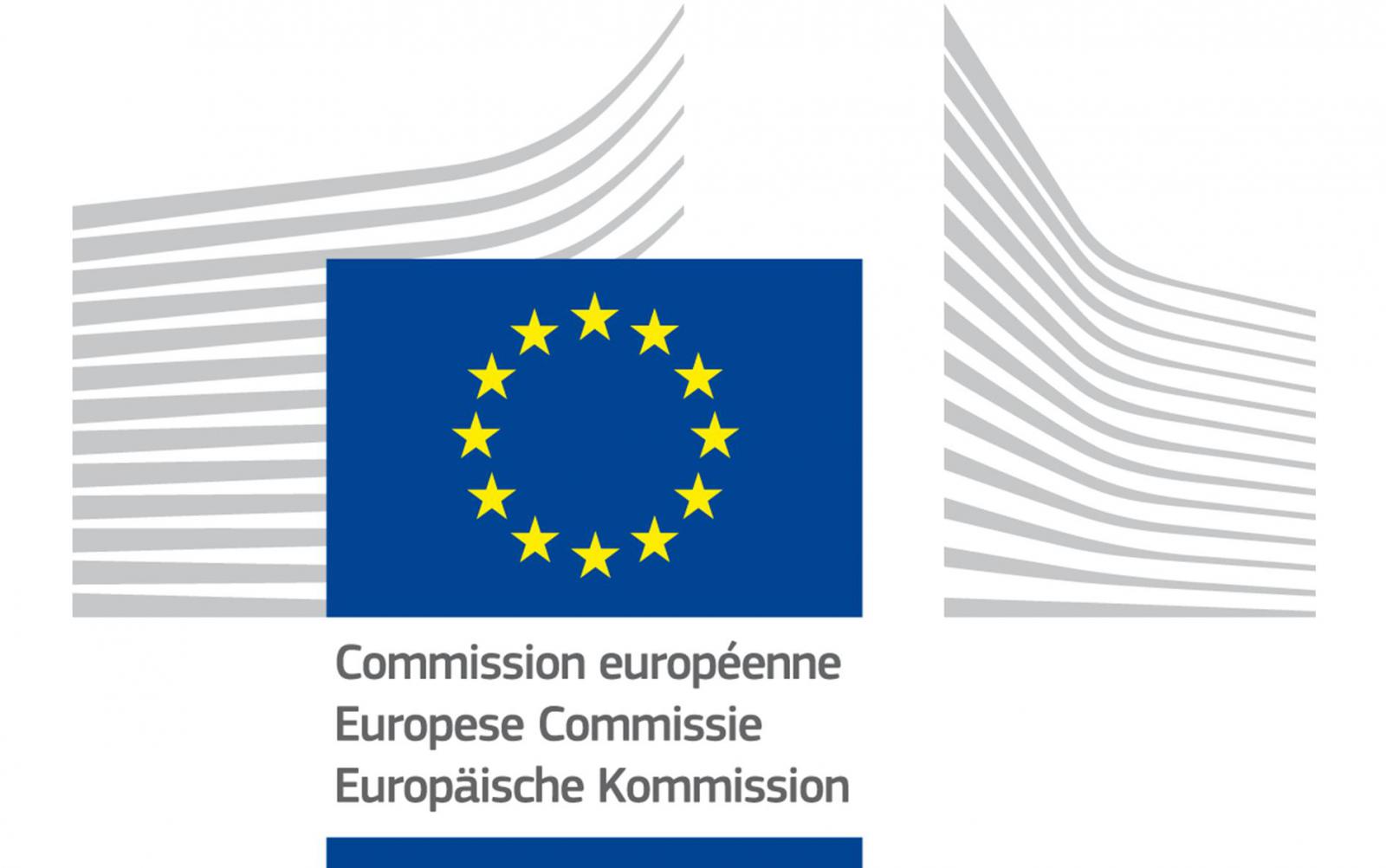





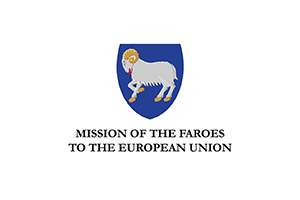


/RO - on the website.png)


